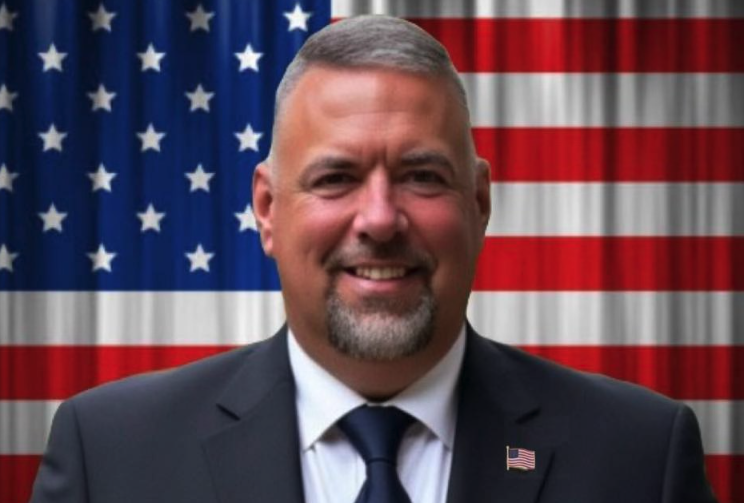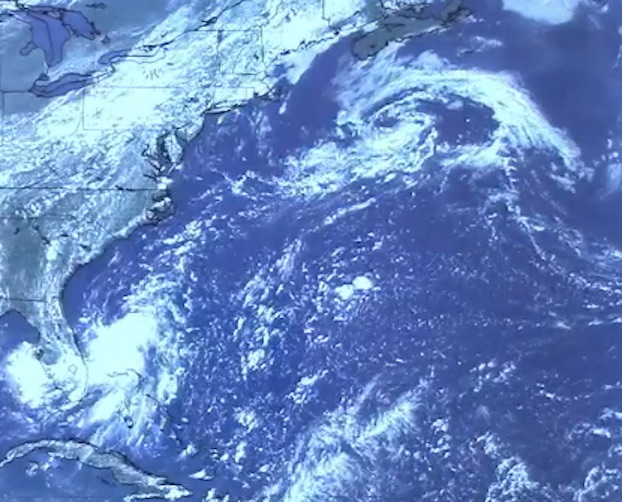One year later: Recovery an ongoing process for LC
Published 2:03 pm Friday, August 27, 2021
The 10th floor at Lake Charles City Hall is uncomfortably hot, and it’s all thanks to Hurricane Laura’s landfall, which happened one year ago today.
Laura’s 150-mile-per-hour winds damaged the building’s roof and air conditioning units. Both have since been replaced. However, the 10th floor, which houses the mayor’s office, can’t be cooled until crews finish repairs on all the duct work.
Navigating challenges like these is nothing new to Mayor Nic Hunter. Now in his second term, Hunter served during four federally declared natural disasters — Hurricanes Laura and Delta last year; the February winter freeze that led to burst pipes; and the historic rainfall in May that saw floodwater inundate area homes and businesses. These disasters all happened in the middle of the COVID-19 pandemic.
Trending
Hunter said he has seen progress in getting the city recovered from Hurricane Laura. Local government has been creative in using every available resource to help residents recover. However, he remains disappointed that former President Donald Trump and the 116th Congress, and President Joe Biden and the 117th Congress could and have not approved disaster supplemental assistance.
“It’s an embarrassment as an American,” he said. “I believe the federal government still has a chance to make this right.”
A lack of attainable housing undoubtedly remains the city’s biggest need, post-Laura, Hunter said. The state Office of Community Development estimates the city’s unmet housing need is $326 million, after insurance and FEMA aid. That figure doesn’t factor in the winter storm in February and the May flood, he said.
An estimated 5,000 to 7,000 residents out of the roughly 80,000 residents who live in Lake Charles remain displaced. Hunter said some of his friends are living in cities like Lafayette and Baton Rouge, waiting for their homes to be renovated.
Hunter mentioned the more than $9 billion allocated for the Road Home program that helped provide sustainable housing for residents impacted by Hurricane Katrina’s 2005 landfall in New Orleans. Lake Charles is still waiting for those dollars.
“If this scenario was happening in another community that had more political clout and bandwidth, people would be screaming bloody murder,” he said. “We don’t hear that, and that is offensive because we’re just as American here in Southwest Louisiana as other communities who were affected by natural disasters.”
Trending
Hunter said the Biden administration “has the most streamlined process and the best shot” at getting disaster supplemental funding to Southwest Louisiana.
An estimated 1,000 hurricane-damaged structures within the city need to be demolished, Hunter said. Demolishing a single-family home can cost an estimated $15,000, with apartment complexes or hotels commanding much higher price tags.
Hunter said the city has successfully applied for the Private Property Debris Removal program through FEMA, which may reimburse the city for some demolitions deemed eligible.
Hunter said city officials understand residents who are having issues with their insurance company and have been unable to fix their homes, as opposed to those who can afford to renovate and have chosen not to. He also feels for residents who live next door to blighted properties.
“We cannot simply allow some of these property standards and building code issues to fester on for perpetuity,” he said. “There are still some properties that look like Hurricane Laura just hit yesterday.”
Hunter said drainage remains a big priority throughout the city. Three years earlier, the city embarked on a plan to clear underground drain lines, with a goal of reaching 8-10 percent annually.
Lake Charles’ already imperfect drainage system was further challenged by the four federally-declared disasters. The city is borrowing money to jumpstart drainage work citywide, Hunter said.
“Our goal is to clean out every underground drain within this city, top to bottom,” he said. “It needs to be done. It is not a silver bullet solution to our drainage problem. The best case scenario is it may get us back to where we were before Laura, if not slightly better.”
Despite the ongoing struggles facing Lake Charles, Hunter said he is hopeful it will bounce back from Laura’s widespread devastation.
“The caliber of the people here in Southwest Louisiana, the strength and resiliency, is absolutely inspiring,” he said. “I do not see a broken spirit, and I do not see a lack of commitment by locals to this community.”
Hunter said he won’t stop fighting to get Washington, D.C., officials to approve disaster supplemental funding.
“It’s not fair to the people out there in the community that need help,” Hunter said. “This is their daily lives. If we could just get the federal assistance we need, I think we have a stellar recipe for one hell of a recovery story.”





